Integration & Boundaries: Humanities/Arts, Technology and Communication
Organizer:
School of Journalism, Yunnan University
Date:
October 21st, 2025 (UTC +8)
Symposium Chair:
Dr. Cai Yong
Professor in Yunnan University
Personal Bio:
Dr. Cai Yong, who has been learning calligraphy and painting since childhood, is passionate about philosophy and also excels in poetry and prose. He majored in Financial Banking at the undergraduate level. After graduation and teaching at the Yunnan University of Finance and Economics, He worked part-time in advertising practice and participated in the building several local brands, as well as other famous brands marketing communication. In the late 1990s, He studied marketing communication in Australia and gained a comprehensive understanding of IMC. After returning to China, He continued his studies in communication psychology at Renmin University of China and obtained a doctoral degree. The following year, he was promoted to professor at Yunnan University of Finance and Economics. Subsequently, he served as an art advisor for China Media Criticism Network, a review expert for China Advertising IAI, a standing director of the China Journalism Association, and a review expert for national-level projects. He has been a professor at Yunnan University since 2010. His interests and research directions, in chronological order, are bank customer consumption psychology, consumer behavior, advertising creativity, corporate image design, integrated marketing communication, communication psychology, communication methods and skills, and visual communication. The main representative treatises are Psychology of Contemporary Commercial Bank Customers(2004), The Finding of Consumer & Absence of Subjectivity---a Brief History of Its Criticism of Modern Advertising Theories and Their Practice(2008), Simplicity Is Reality & Sincerity: Off the Dilemma of Post-Modern Media Context---Philosophical Introspection & Theoretical Construction(2008), Simplicity: A Key Word in Integrated Marketing Communication---Theoretical Models & Practical (2008), Aesthetic Narrating---Iconography Biography Based on Media Evolution (2013), and Visual Reproduction in the History of Gender Relation (in publishing).
Committee Members:
| Jinto LIN | Yunnan University | Linjintao80@163.com |
| Yixuan LI | Sichuan University | Goonau26@163.com |
| Shixue LIANG | Police Academy of the People’s Armed Police Force of China | Lsx1057@163.com |
Call for Papers
Background:
As emerging technologies—particularly artificial intelligence—continue to permeate society, work, and everyday life, the traditional boundaries between academic disciplines are becoming increasingly porous. Fields such as the humanities, the arts, and business are undergoing continual transformation as human modes of thinking, expression, and communication evolve. These changes, driven by shifts in media and technological infrastructures, are giving rise to new questions—ethical, philosophical, and practical—that demand scholarly attention across disciplines.
Goal/Rationale:
Facing the vanishing boundaries between disciplines and the ethical and value questions it raises, scholars in various fields should adhere to the original disciplinary forms and research methods, or adopt a more proactive attitude towards the intervention of new technologies and utilize them to solve various problems that could not be addressed in the past. But how will the resulting problems change and define traditional disciplines, and raise new questions within themselves or in broader fields, or open up new research areas? In the past, I personally broke through the boundaries between marketing, communication and the research of humanities, philosophy, aesthetics, art and psychology, and did some exploratory thinking. I want to take this opportunity to offer my humble thoughts and spark more valuable intellectual collisions among the participants from different research fields.
Scope and Information for Participants:
This symposium invites researchers from diverse backgrounds to explore the complex issues arising at the intersection of technology and culture. Drawing from the humanities, arts, business, communication studies, and information science, the discussions aim to foster critical dialogue around how technological advancements are reshaping disciplinary frameworks and human experience. Key areas of inquiry include, but are not limited to, the following:
- In light of technological and epistemological shifts, should the humanities—particularly literature and philosophy—be redefined? How might their research paradigms, objects of inquiry, and methodological approaches evolve to meet the challenges of the digital age?
- How are traditional artistic forms transformed through the intervention of new technologies? In what ways do emerging media reshape audience reception and sensory perception of artworks? How, in turn, do these shifts influence artists' aesthetic judgments, values, and engagement with media?
- In a world increasingly driven by technological innovation and commercial imperatives, what is the trajectory of traditional value systems? Can the empirical realities of modern life still be aligned with rational normative ideals—and if so, through what means?
- Stripped of media and technological mediation, how do individuals perceive the world and communicate meaning? What insights might a practitioner of yoga offer regarding unmediated modes of awareness and transmission?
Topics
The main topics of this symposium are listed below.
Fine Arts & Design
- Artificial Intelligence in Art
- Visual Arts
- Generative Art
- Immersive Installations
- NFTs and Digital Ownership
- Interactive Art
- Data Visualization Design
- Sustainable Art Practices
- Contemporary Art
- Art Criticism
- Animation Production
- Music and Dance Studies
- Bio-Art and Biodesign
- Traditional Media (Drawing, Painting, Sculpture)
- Digital Media (3D Animation, UX Design, Corporate Design)
- Commercial Design (Advertising, Editorial Design)
Journalism & Mass Media
- AI in Journalism
- Digital Transformation in Media
- Social Media Journalism
- Data Journalism
- VR and AR in Media
- Blockchain and Media Ownership
- Ethics in Digital Media
- Influencer and Social Media Journalism
- Cross-Platform Journalism
- Public Interest Media
- Traditional Sectors
- (Print Media, Electronic Media, Opinion Journalism)
- Specialized Journalism Types
- (Investigative, Political, Entertainment Journalism)
- Film and Film Production
- Photography and Film Production
- Theater and Film Studies
Meanwhile, submissions aligned with the overall conference theme are also welcome.
Culture & Sociology
- Digital Sociology
- Sociology of Climate Change
- Migration and Globalization
- AI and Society
- Sociology of Technology
- Social Media Impact
- Post - Colonial Sociology
- Sociology of Mental Health
- Inequality and Social Justice
- Gender Studies in Sociology
- Core Fields (e.g., Theoretical Sociology, Historical Sociology)
- Specialized Areas (e.g., Urban Sociology, Criminology, Rural Sociology)
Literature & Translation
- Contemporary and New Century Literature
- Literary Theory and Criticism
- Digital and Network Literature
- Gender Studies in Literature
- Cross-Cultural and Literary Translation
- Technical Translation and Localization
- Classical and Ancient Literature
- Multimedia Translation and Adaptation
- Regional and Comparative Literature
- Environmental and Eco-Criticism in Literature
- Literature and Poetry
History & Philosophy
- Ethics and Applied Philosophy
- Metaphysics and Epistemology
- Political Philosophy and Governance
- Philosophy of Science and Technology
- Environmental and Climate History
- Military and Diplomatic History
- Religious and Cultural History
- Social Movements and Public History
- Post-Colonial Studies and Global History
- Philosophy of Mind and Consciousness
Submission:
Prospective authors are kindly invited to submit full papers that include title, abstract, introduction, tables, figures, conclusion and references. It is unnecessary to submit an abstract in advance. The deadline for general submission is October 14, 2025. Each paper should be no less than 4 pages. One regular registration can cover a paper of 6 pages, and additional pages will be charged. Please format your paper well according to the conference template below before submission. Paper Template Download
Please prepare your paper in both .doc/.docx and .pdf format and submit your full paper by email with both formats attached directly to sympo_kunming@icihcs.org
Important Dates
Submission & Payment
|
Fees
|
Publication
Accepted papers of the symposium will be published in Communications in Humanities Research (Print ISSN 2753-7064), and will be submitted to Conference Proceedings Citation Index (CPCI), Crossref, CNKI, Portico, Google Scholar and other databases for indexing. The situation may be affected by factors among databases like processing time, workflow, policy, etc.
Proceeding Title: Communications in Humanities Research
Press: EWA Publishing, United Kingdom
ISSN: 2753-7064(print) / 2753-7072(electronic)
* The papers will be exported to production and publication on a regular basis. Early-registered papers are expected to be published online earlier.
This symposium is organized by ICIHCS 2025 and it will independently proceed the submission and publication process
Any economic compensation or legal liabilities arising from the inability to fulfill publishing commitments due to the conference paper shall be borne by the publisher. The School of Journalism at Yunnan University and the symposium chairpersons shall not be held responsible for any such matters.
Highlights
The Symposium on “Integration & Boundaries: Humanities/Arts, Technology and Communication” was held on 7 November 2025 at the Donglu Campus of Yunnan University. The event brought together experts from multiple disciplines to explore cutting-edge developments at the intersection of humanities, arts, and technology in the digital era.
Discussions focused on two central dimensions: “convergence” driven by emerging technologies and the enduring importance of “boundaries” rooted in humanistic inquiry. Presentations on AIGC-enabled virtual idol production, algorithm-driven transformations in marketing communication, and new forms of human–machine co-creation demonstrated how technology is reshaping cultural production and media practices.
Complementing these perspectives, scholars also highlighted the cultural and experiential foundations of the humanities. Topics included the tactile aesthetics of Song-dynasty ceramics, ethnographic insights into the contemporary relevance of Deqin Tibetan “Kajia” traditions, and renewed reflections on core issues in documentary studies.
The symposium further featured thought-provoking discussions on artistic subjectivity and human experience within technologically mediated environments. Questions such as “Can Cyborgs Understand Rituals?” invited deeper reflection on how to preserve human emotion, agency, and authenticity in an era of pervasive digitalization.
The event provided a vibrant interdisciplinary platform that fostered meaningful exchange and pointed toward promising directions for future research.

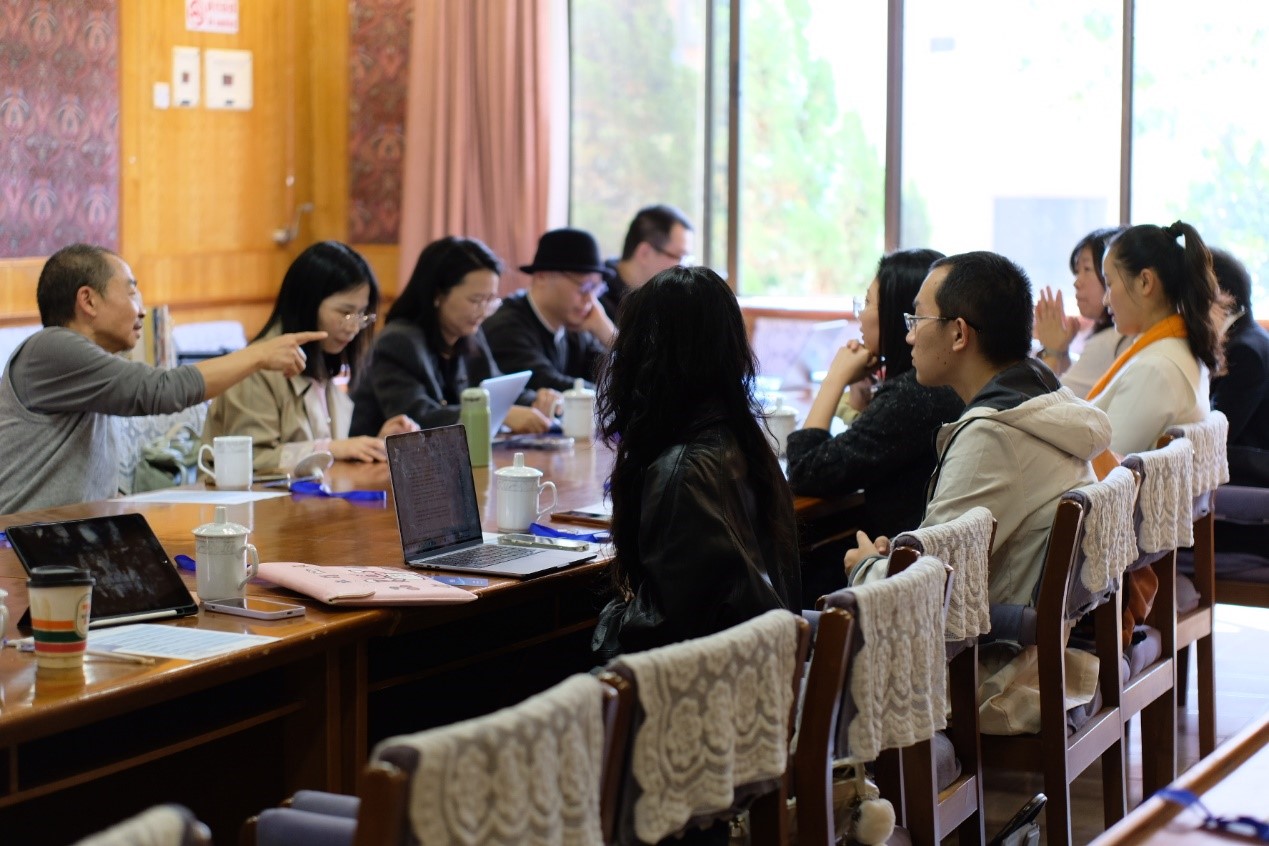
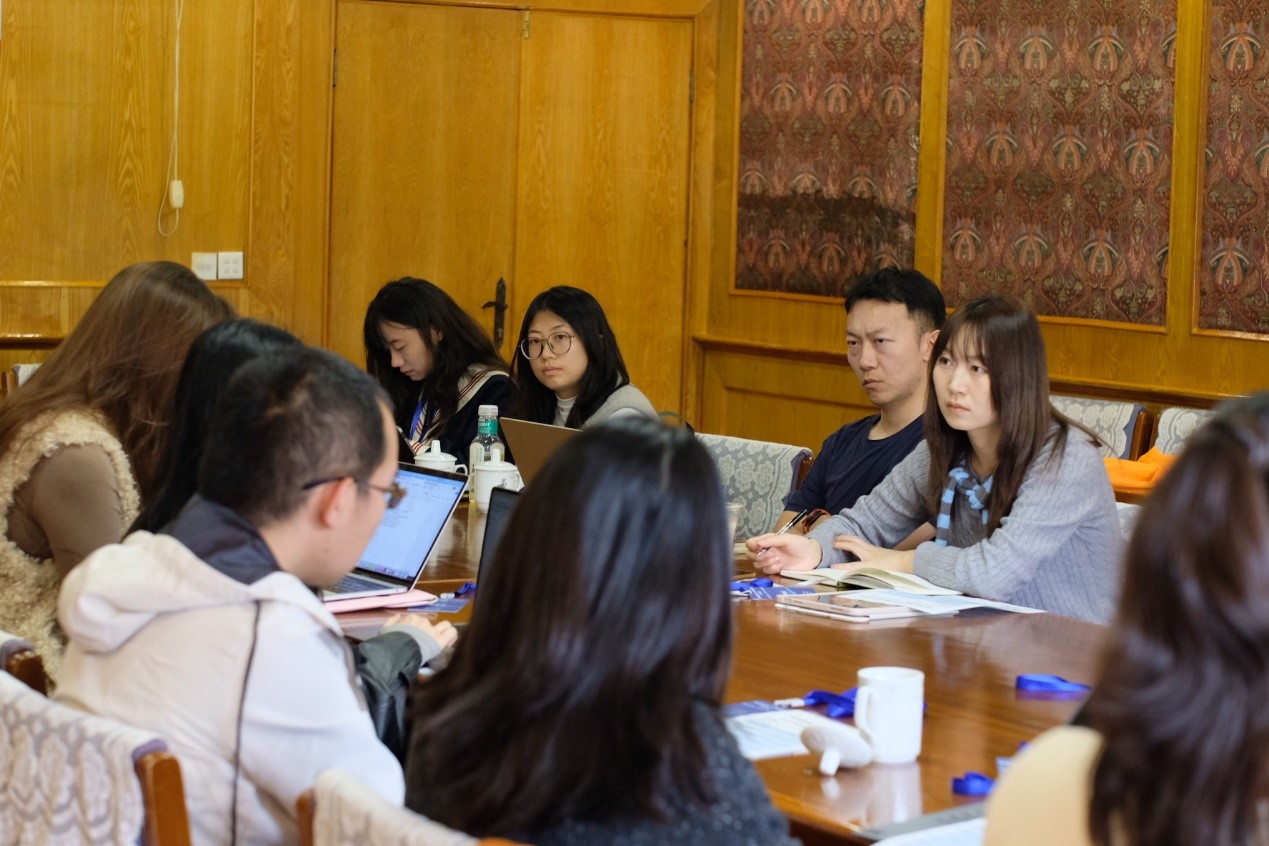
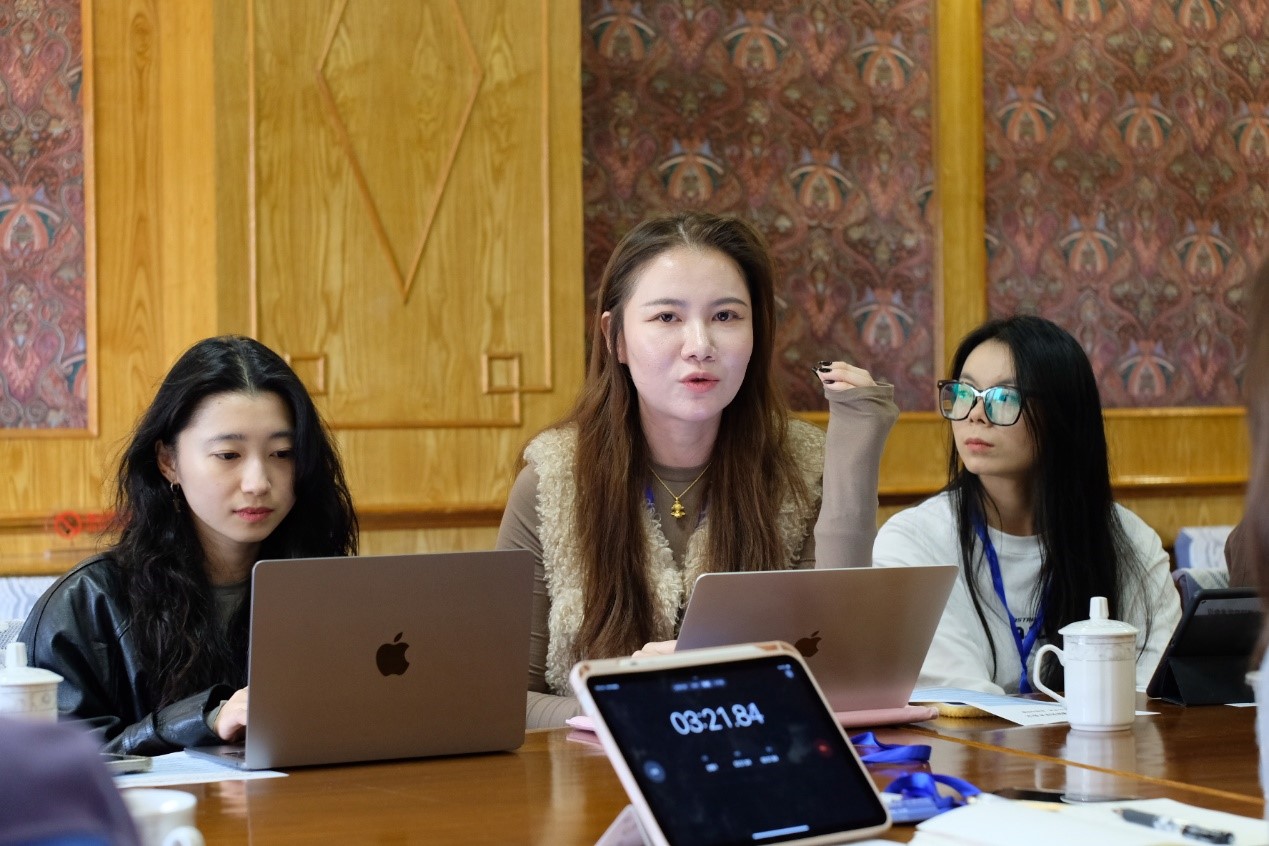
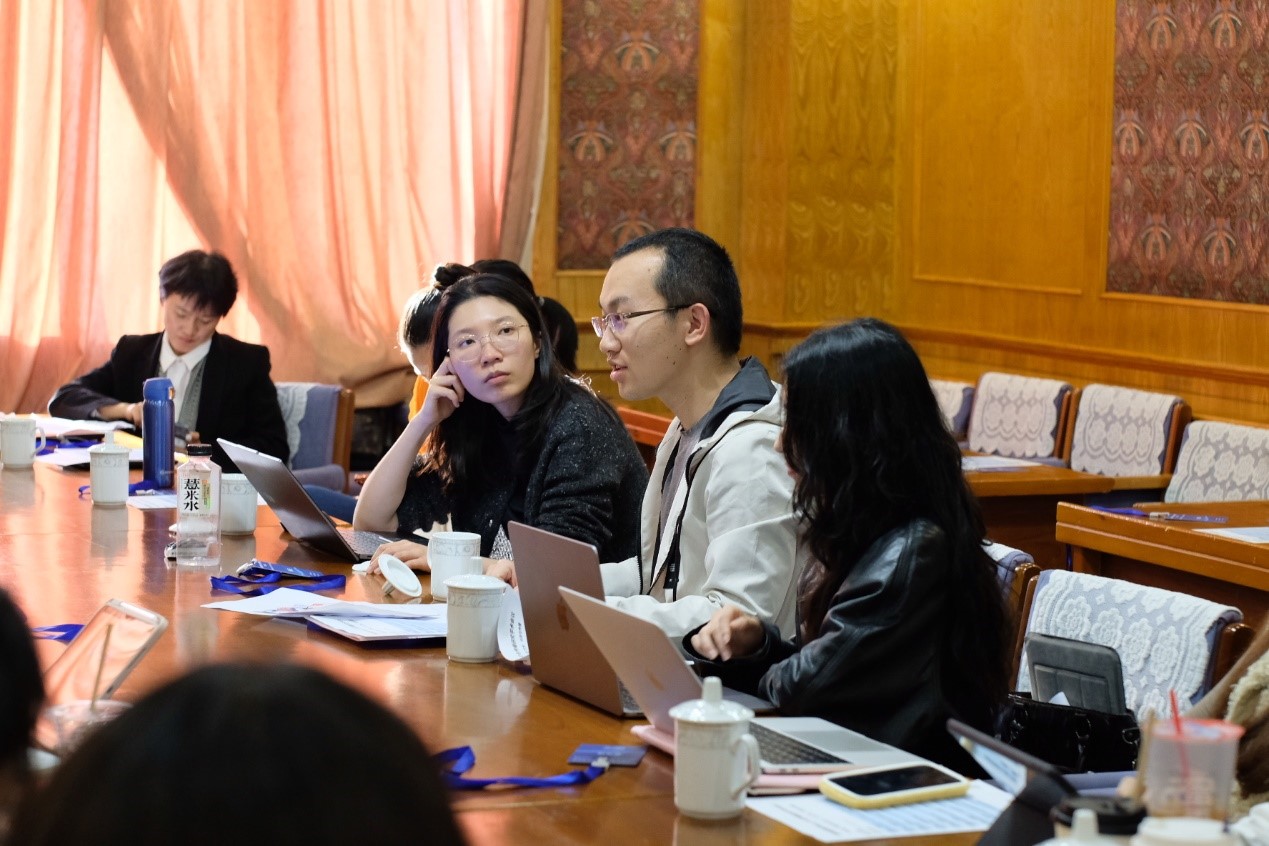
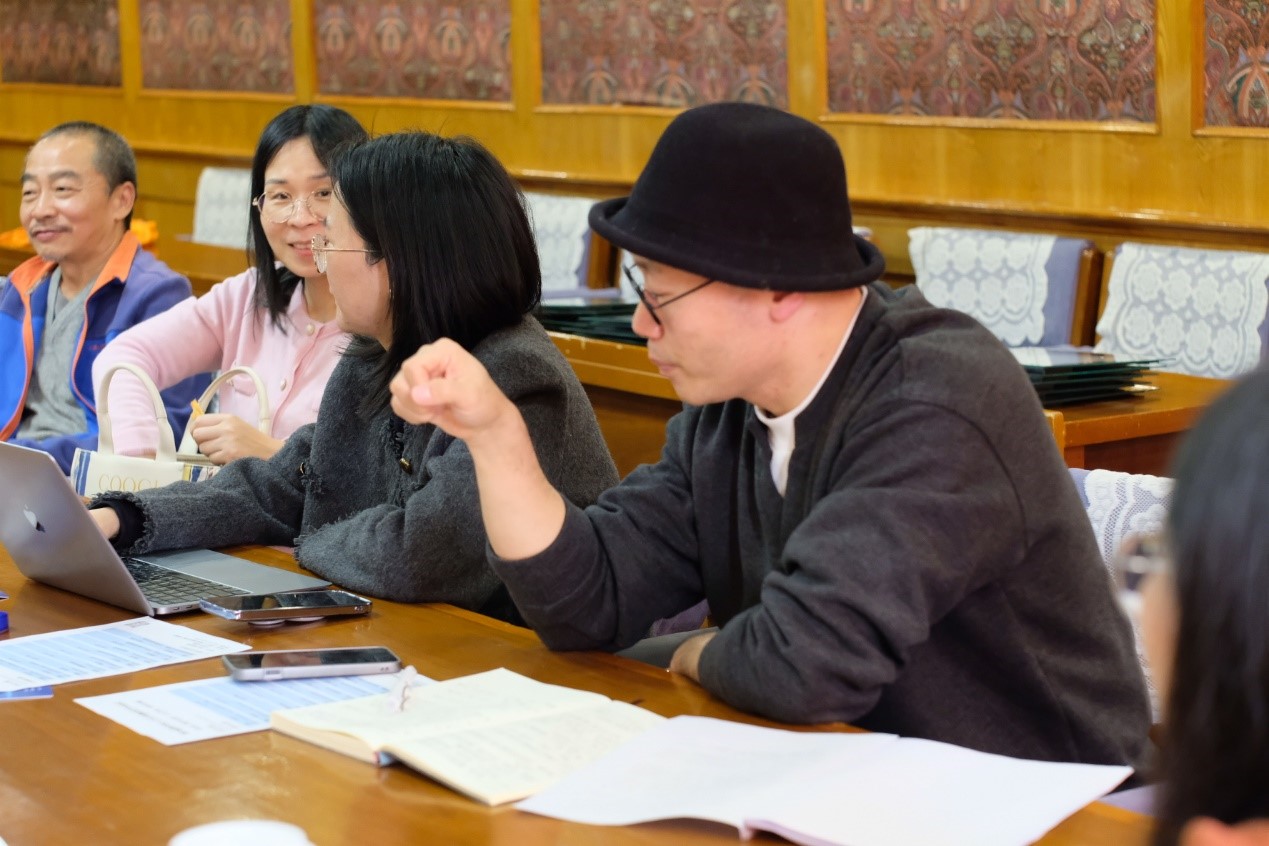
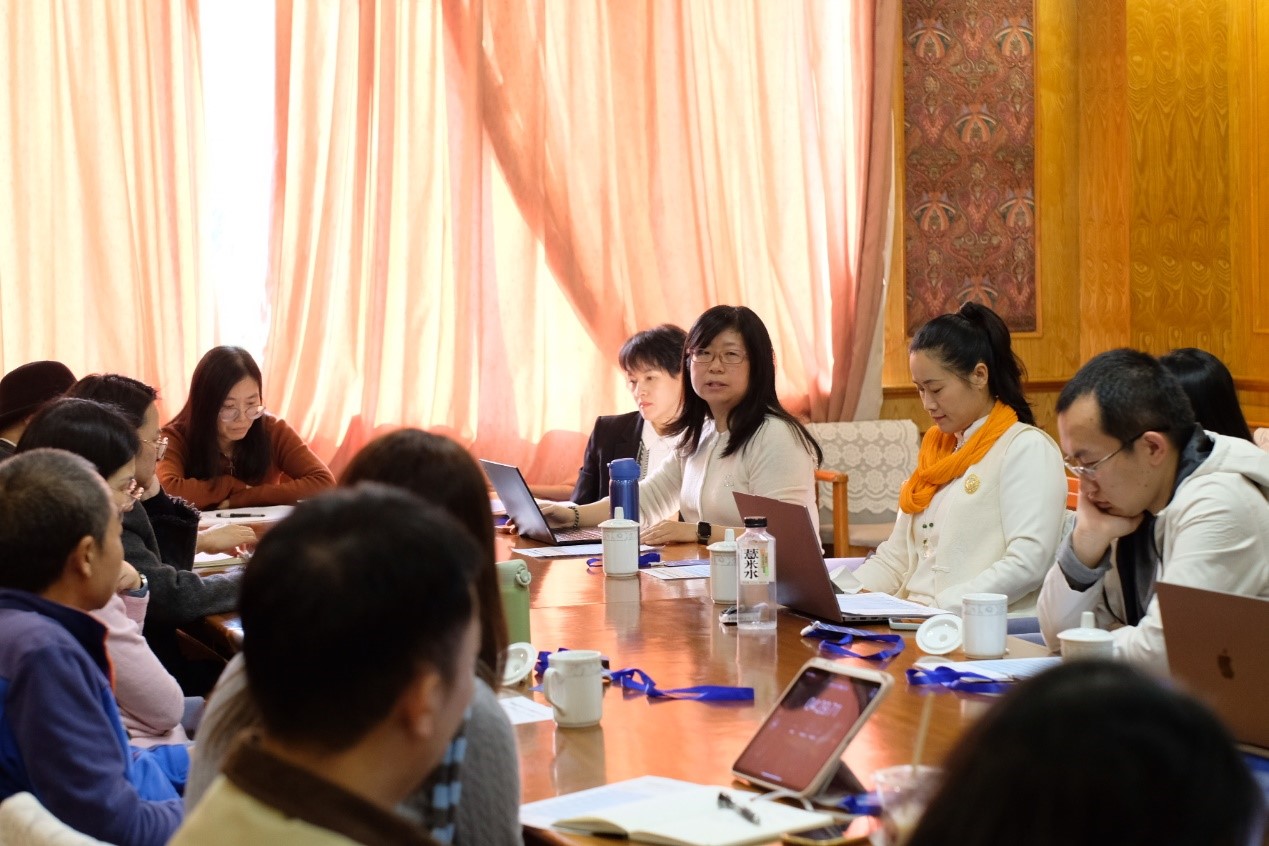
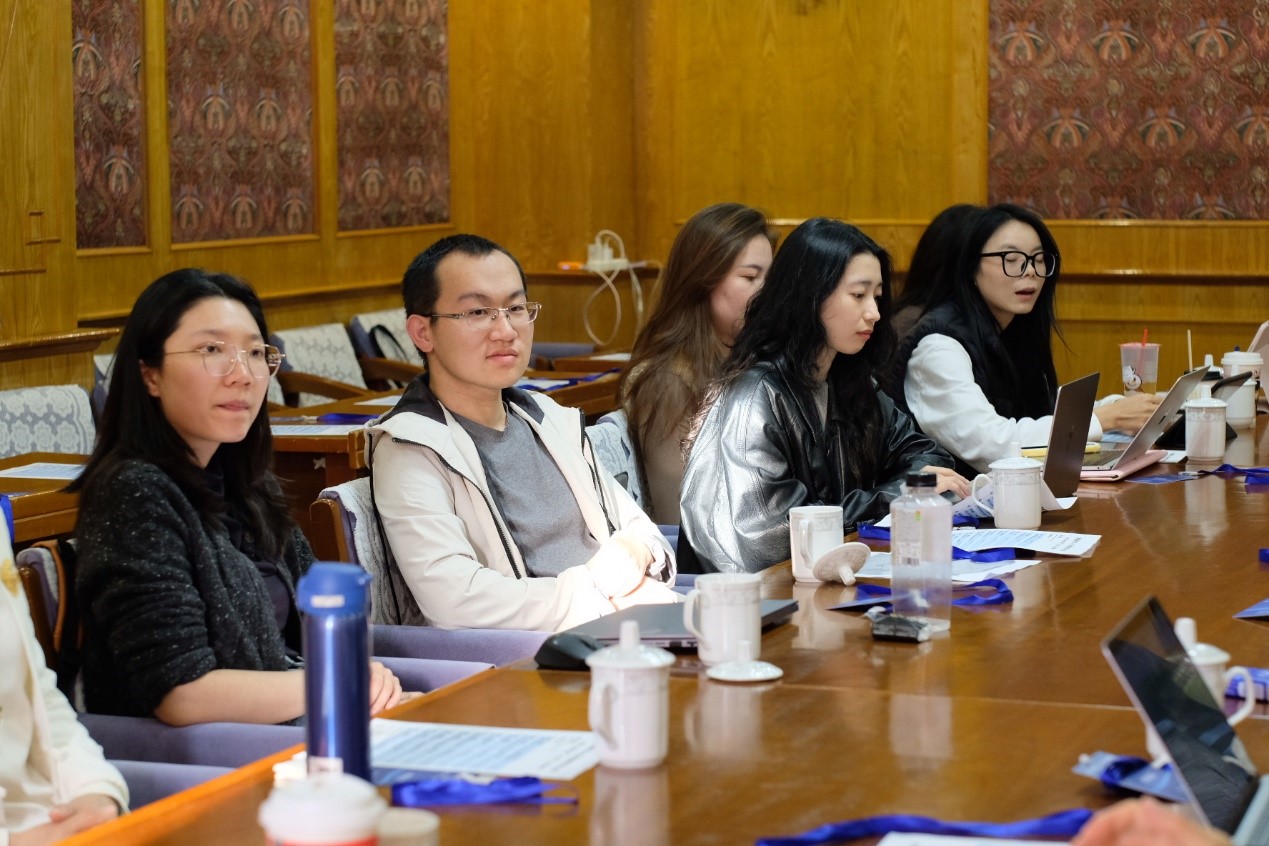

Venue:
Yunnan University, Guangtian W Rd, Chenggong District, Kunming, Yunnan, China, 650500
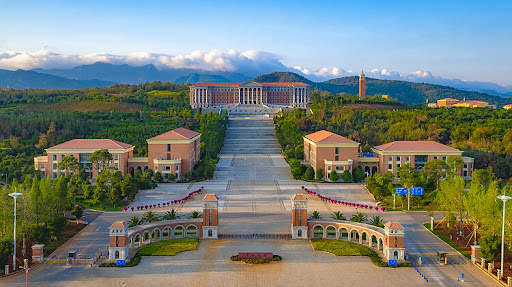
VISA:
Visa for ChinaIn order to ensure the information is correct and up to date, there may be changes which we are not aware of. And different countries have different rules for the visa application. It is always a good idea to check the latest regulations in your country. You should confirm details with your local Consular Office. This page just gives some general information of the visa application.
China Visa Information
Check which visa you need to get
The majority of foreign citizens are required to obtain one of the China visas in order to visit the country, as there are only a few nationalities who are granted visa free entry for China for short stays. At the moment, travelers from countries who are not visa-exempt for China are obliged to apply for a visa in person from a Chinese embassy or consulate, with only a few exceptions, including for tour groups and airline crew from a few select countries. This is expected to change in the near future for select eligible nationalities when China introduces an electronic application form for visas. This will make it possible to apply for certain visa types for China exclusively online, eliminating the need to travel to an embassy or consulate in person.
As the launch date for the Chinese electronic is yet to be finalized, however, non visa-exempt citizens are still currently required to apply for one of the following visa types for China from an embassy or consulate.
China Visa Registration Process
Foreign nationals who wish to travel to China will need to follow a registration process to obtain their visa. The China Visa application form should be signed and every question must be answered. Applicants may select "none" if the question does not apply to their individual circumstances. Applications for the Chinese visa must be completed in block capital letters and handwritten changes will not be accepted. The signature on the China visa application must match the signature on the applicant's passport. People's Republic of China diplomatic missions require that each visa application is completed following strict guidelines. Supporting documents must be accurately and carefully prepared.
How Long Does It Take to Get a Visa to China
Generally speaking, if the applicant meets all the requirements, has all the necessary documents and holds a passport with at least six months validity and two blank pages it should take about four working days to get a Chinese visa. Some People's Republic of China Diplomatic Missions offer rush service, which speed up the processing time of a visa for China. Nonetheless, it is only available for cases of extreme urgency and depend on the approval of the Chinese Consular Office. Foreign nationals who wish to travel to Mainland China, whether it is for tourism, business, transit or other, are recommended to apply between two months to fifteen days before their departure. If the traveler applies with too much time in advance, they visa might expire before they can use it. When a visa for China is granted, the validity period of such visa begins from the moment it was approved.
How Do You Get a Visa for China?
The People's Republic of China has several types of visas in place. The visa a traveler needs depends on their citizenship, purpose of trip and the length of their stay. Currently, there are only some countries that are exempt from applying for a China visa to travel to Mainland China. However, the country does waive visas if the traveler meets specific requirements and is traveling to certain regions.
To apply for a Chinese visa, the traveler will need to complete an application form, attach a recently-taken color photo, submit the application and pay the respective fee. Tourist that are from non-visa exempt countries should apply for the Tourist (L) visa, issued to aliens who are traveling to Mainland China for tourism purposes only. Those who wish to carry out business in China will need to obtain the Business (M) China visa.
To successfully apply for a visa to China, the applicant will need to provide supporting documents and a valid passport. If applying for a Tourist (L) visa to China, the supporting documents refer to round-trip tickets, accommodation bookings, or an invitation letter from a travel agency in China. It is important to note that the China visa application requirements will vary depending on the type of visa the traveler is applying for.





